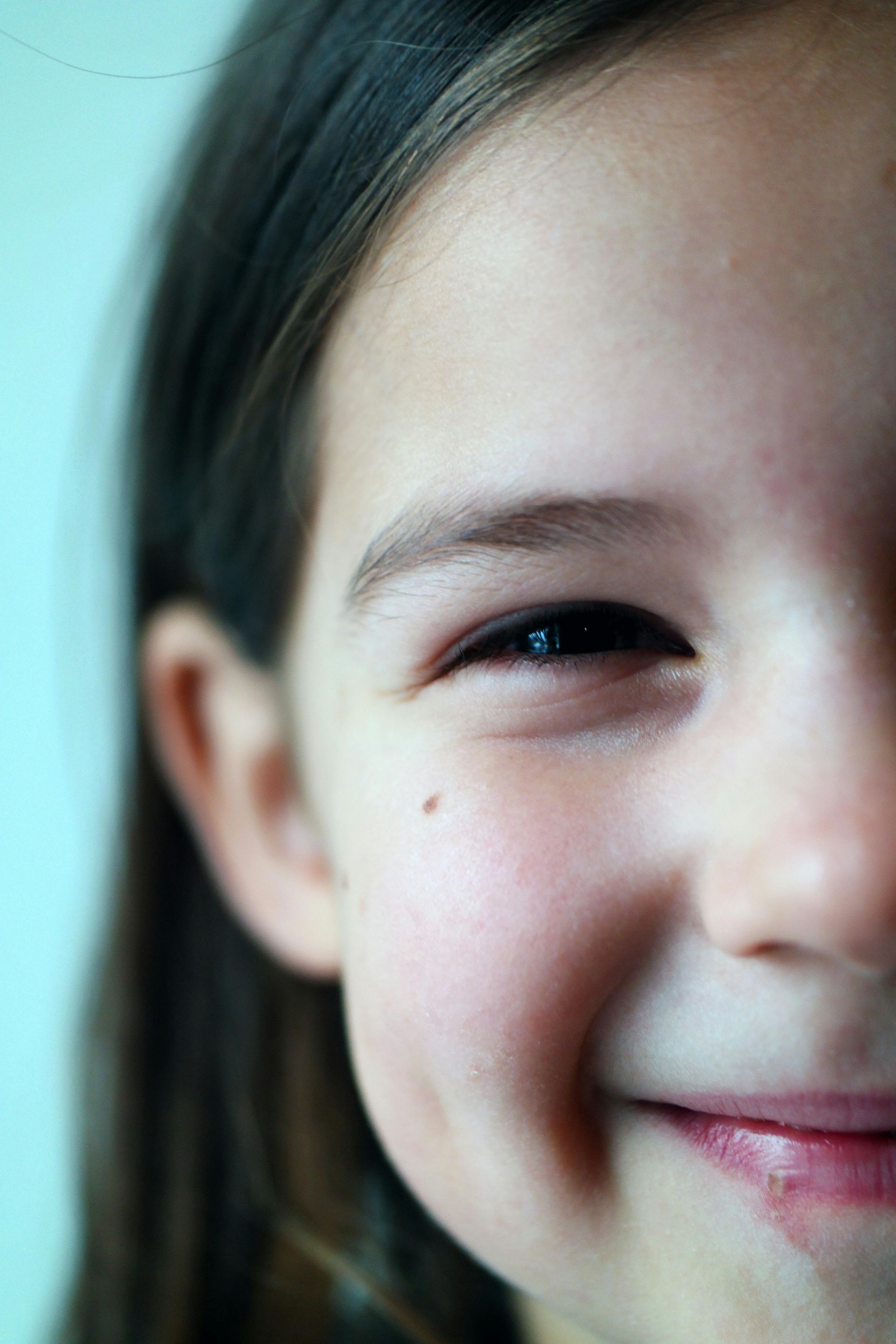Handle Rudeness; Help Kids Open Up, Instead of Shut Down
Ceara Deno, MD • January 21, 2025
Schedule A Free Call
Handling Rudeness

Is your child frequently mean or rude? Is it getting worse?
Is this a normal stage?
Is it just part of being a tween or teen?
Are they trying to be disrespectful?
Are they just ungrateful, or spoiled?
If you feel frustrated and unsure how to respond, you’re not alone.
But here’s the thing: kids aren’t mean and rude for the reasons we often think.
Rudeness and meanness is usually a way kids protect themselves when they feel hurt, embarrassed, or overwhelmed.
Why Kids Are Rude
Rudeness usually masks vulnerable feelings that kids don’t feel safe or able to express. Behind a sarcastic remark, an eye roll, or a snappy tone might be a child who feels:
- Hurt or insulted
- Embarrassed or ashamed
- Unseen or uncared for
- Overwhelmed or stressed
- Threatened or powerless
When kids don’t have the words or the emotional safety to share what they’re really feeling, they often lash out with behavior that looks like rudeness. It’s not about disrespect; it’s about protection.
When we help kids express and share their true feelings, even vulnerable feelings, the need for rudeness fades away.
How to Respond
The good news is that rudeness can often be softened or even eliminated by creating a safe space for kids to share their real feelings. When parents respond with empathy and curiosity instead of frustration, it helps kids move out of their defensive mode and into connection.
Here are two simple but powerful phrases you can use:
“You sound like you’re struggling, tired, stressed, or upset. How can I help?”
“You seem upset. What can I do?”
These responses show your child that you’re paying attention, you care, and you’re available to help—without shaming or punishing them for their behavior.
The Transformation
When kids feel safe sharing their vulnerable feelings, they no longer need to defend themselves with rudeness. Instead of snapping, they can say things like:
“I’m so tired.”
“I feel overwhelmed.”
“I’m upset about something.”
These moments of honesty open the door to genuine connection.
When we respond with empathy and understanding, we teach kids that their feelings are valid and manageable, and that they don’t need to hide behind rudeness.
Imagine your child saying, “I’m having a really hard day,” instead of snapping or rolling their eyes.
Final Thoughts
Rudeness is a sign that your child is struggling with something beneath the surface.
By shifting your focus from the behavior to the feelings driving it, you can help your child feel understood, valued, and supported.
Over time, this approach fosters trust and emotional resilience, creating a stronger connection between you and your child.
If you’re ready to help your child move past rudeness and find healthier ways to express themselves, I’d love to support you.
Schedule a free call with me to learn how you can transform tough moments into opportunities for growth and understanding.












